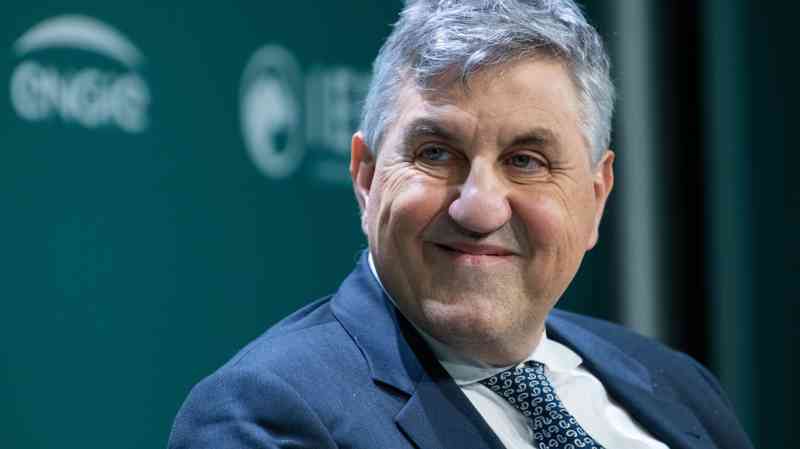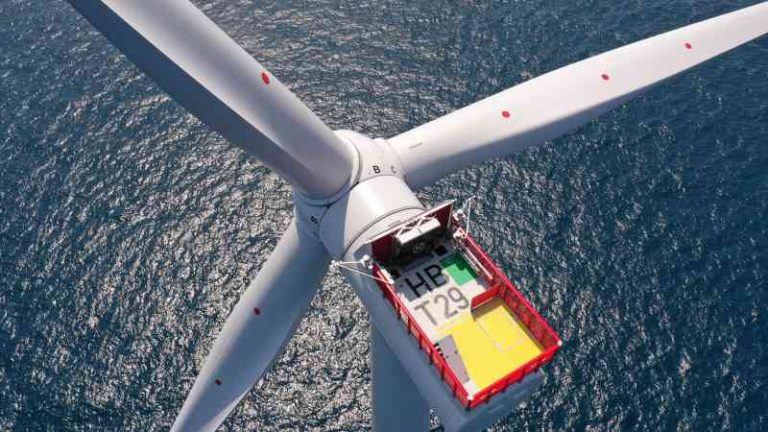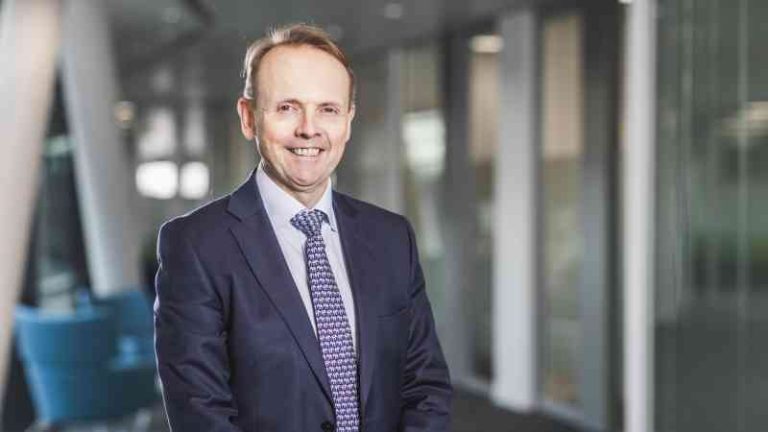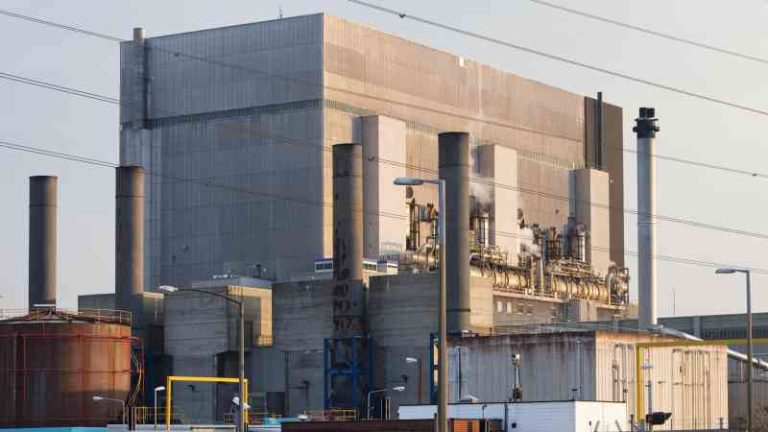Newcleo to raise £900m to build fleet of small nuclear reactors in UK
A British-based nuclear company backed by Italy’s Agnelli family plans to raise nearly £900 million to advance a plan to build a fleet of small nuclear reactors in Britain.
Newcleo, based in London, has an ambitious scheme to build one plant a year in the UK up to 2050 and eventually generate 4 gigawatts of electricity, more than will be produced by the large new nuclear plant being built at Hinkley Point in Somerset by EDF.
Its reactor will use fuel made in part from plutonium. Britain has one of the world’s largest stores of plutonium, a waste product from traditional nuclear plants.
Newcleo could be a contender in the competition announced last week by Jeremy Hunt, the chancellor, for designs for small modular reactors (SMRs) to be built in the UK. Details of the contest are expected at the end of the month, but industry sources said it was expected the Treasury would co-fund development of a prototype, and perhaps also eventually commit to buying power from the first commercial plants at an agreed price.
Stefano Buono, Newcleo’s chief executive, said the company was happy with the competition and was waiting to see the details. He said, however, that Newcleo would press ahead regardless of the outcome. “For us the ideal situation is that a government gives us a contract to produce power at a certain price, then leaves us to do the rest,” he said.
Newcleo has already raised about £350 million from investors including Exor, the investment vehicle of the Agnelli family, the business dynasty with its roots in the Fiat motor company. It plans to build prototype plants in France and Italy, and is close to a final submission to Britain’s Office for Nuclear Regulation to have its reactor design approved, a process expected to take about four years. Newcleo’s design is unusual in that it uses lead as the coolant for the reactor, and a mixed-oxide fuel partly made from plutonium.
“The point of building these two prototypes is to help with the approval process in the UK. We will be able to produce evidence that we have a proven and reliable technology,” Buono said.






